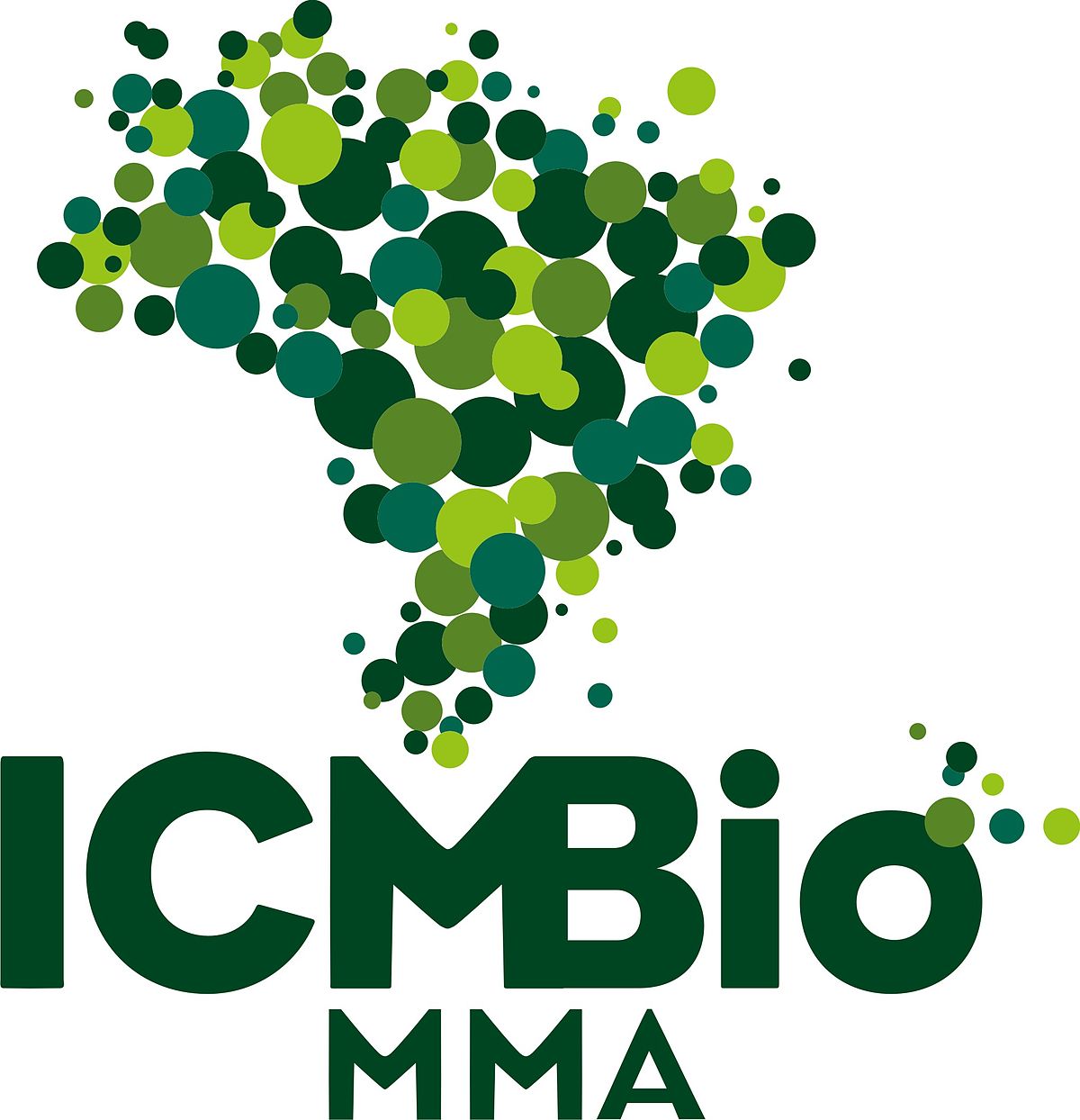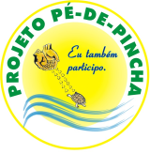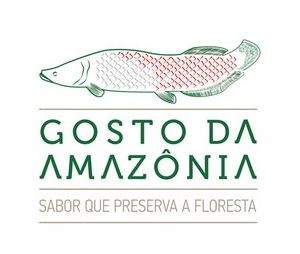Media Centre
Fórum TMJ
The multi-partnership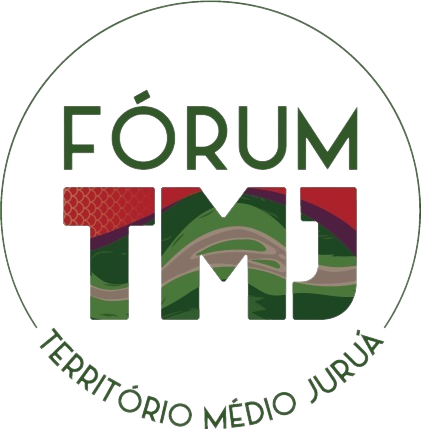 in the Mid-Juruá region is carried out by local associations that carry out conservation activities and are supported by several partner organizations. The MId-Juruá Territory Forum brings together these associations and other partners to make decisions regarding the territory.
in the Mid-Juruá region is carried out by local associations that carry out conservation activities and are supported by several partner organizations. The MId-Juruá Territory Forum brings together these associations and other partners to make decisions regarding the territory.
The impressive outcomes achieved by community-based conservation are the result of collective work, carried out by local communities and coordinated by these local associations with the support of partners:
The multi-partnership in the Mid-Juruá region is carried out by local associations that carry out conservation activities and are supported by several partner organizations. The MId-Juruá Territory Forum brings together these associations and other partners to make decisions regarding the territory.
The impressive outcomes achieved by community-based conservation are the result of collective work, carried out by local communities and coordinated by these local associations with the support of partners:


LOCAL ASSOCIATIONS

Associação dos Produtores Rurais de Carauari - ASPROC
Association of Rural Producers of Carauari (ASPROC) was created over 25 years ago, in the early 1990s, in the midst of a context of social struggles waged by extractivists in the Mid-Juruá region. The Catholic Church and Movimento de Educação de Base (MEB) gave support against a system of human oppression and exploitation in commercial relations, inherited from the employer system during the golden period of rubber exploitation. ASPROC coordinates the management of arapaima and is responsible for marketing agro-extractivism products, representing more than 500 families from 55 riverside communities in the municipality of Carauari. It is part of the Arapaima Collective, a network made up of fishermen and several communities, governmental and non-governmental organizations, which has been working since 2018 in the articulation of strategies for valuing and strengthening the practice of arapaima management.

Cooperativa Mista de Desenvolvimento Sustentável e Economia Solidária do Médio Juruá - CODAEMJ
The Mixed Cooperative of Sustainable Development and Solidarity Economy of the Mid-Juruá (CODAEMJ) was created in 2003 and represents an important link in the oil seed production chain in the Mid-Juruá, responsible for carrying out the collection of raw materials from the forest, as well as the processing, production and transport of the final product to its customers in the cosmetics sector. One of CODAEMJ’s most important customers is Natura, a Brazilian cosmetics company that uses andiroba, murumuru and ucuuba oils in its Ekos products line.
CODAEMJ currently has more than 300 active members, with more than 60% women active as extractivists. Making use of sustainable management practices, the vegetable oil production chain generates income for at least 56 rural communities. CODAEMJ’s work has had a positive impact both on the local economy, by promoting income generation and improving the quality of life of its members, and on valuing the culture of traditional Amazonian people.
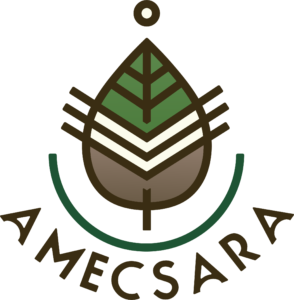
Associação dos Moradores Extrativistas da Comunidade São Raimundo - AMECSARA
The São Raimundo Community Residents Association (AMECSARA) emerged in 2006 from the need that the São Raimundo community saw in organizing to claim their rights. It started with 18 founding partners and today it has more than 60 partners. AMECSARA works in projects aimed at supporting the strengthening of non-timber production chains, environmental conservation, community organization and support for Environmental Education, contributing to strengthening actions to improve environmental quality, income generation and, mainly, social organization of peoples and communities in the region. In recent years, AMECSARA has focused on training young leaders as new opinion makers, training Volunteer Environmental Agents who act as focal points in the fight against the misuse of natural resources and in the conservation of turtles so that the population of these animals continues to increase and that communities can sustainably manage this resource and ensure the well-being of present and future generations.

Associação dos Trabalhadores Rurais de Juruá - ASTRUJ
Located in the lower course of the Juruá basin, the Association of Rural Workers of Juruá (ASTRUJ) was founded in 1998 and soon after, thanks to this community-based organization, the Baixo Juruá Extractive Reserve was created.In the beginning, there were only 15 partners. Today there are almost 150 associates and around 500 people involved. Among them, there are agro-extractive youth, women and men, with emphasis on female participation, including in the composition of the committee board. The production chains of focus are: fish (arapaima, tambaqui, etc.), oils, flour and honey. Thanks to the work undertaken by ASTRUJ, residents of the municipality of Juruá remain motivated to seek a better quality of life, through socio biodiversity and with the premise of standing forest!
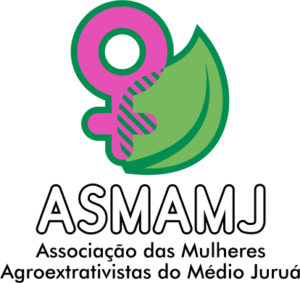
Associação de Mulheres Agroextrativistas do Médio Juruá - ASMAMJ
The Association of Agroextractivist Women of Mid-Juruá (ASMAMJ) was created in 2004 and promotes meetings of women in the mid-Juruá region, debating gender equality and questioning attitudes that they consider oppressive. In 2017 the association gained strength, with an increase in the participation of women, who also seek greater visibility of the fundamental role played by them in the historic struggle for economic emancipation, territory rights and the conservation of natural resources. ASMAMJ is a part of the Middle Juruá Territorial Development Forum (Fórum de Desenvolvimento Territorial do Médio Juruá), and it is increasingly winning the battle for female participation in decision-making spaces.

Associação dos Moradores Agroextrativistas da Reserva de Desenvolvimento Sustentável de Uacari - AMARU
The Association of Agroextractive Residents of the Sustainable Development Reserve of Uacari (AMARU) has been around since 2005. It was conceived and founded by local leaders, members of the Catholic Church and also local government representatives. It’s a non-profit organization that aims to improve the quality of life of families with activities always focused on RDS Uacari’s sustainable development. Currently, AMARU has a direct contract with Natura, in which biodiversity products, such as murumuru and andiroba, are used to produce creams and butters. The association also takes part in research projects aimed at pirarucu’s sustainable management and the creation of turtle nests.
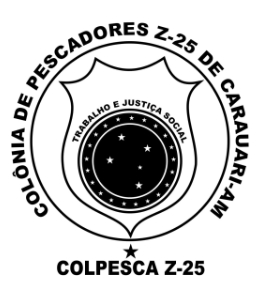
Colônia de Pescadores de Carauari - COLPESCA Z-25
The Carauari Fishers Colony (COLPESCA-Z25) was established in 2002, with 34 associates, today composed of about 500 members. Colpesca Z-25 is responsible for legalizing fishers and their family members who live exclusively from fishing. Its main work front has been the professionalization of the fishers in a sustainable way, the establishment of Fisheries Agreements in the Middle Juruá, and the management of pirarucu, with tambaqui (Colossoma macropomum) also representing an opportunity for management paths. Furthermore, with the registration of fishers and their families, the colony promotes conditions of access to basic rights, such as: sickness, accident and maternity aid, credit lines, retirement and others. Ensuring the livelihood of the fishing families and the food supply of the municipality in a sustainable and planned way is one of the highest values recognized by the organization.
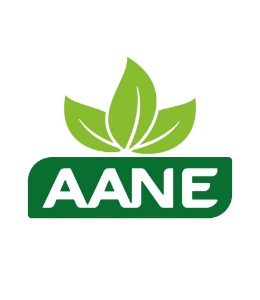
Associação dos Produtores Agroextrativistas da Comunidade Nova Esperança - AANE
The Association of Agroextractive Producers of the Nova Esperança Community (AANE) is a grassroots organization formed by residents of the Nova Esperança community, within the Médio Juruá Extractive Reserve. AANE is a member of the Mid-Juruá Territory Forum, and participates in collective decisions regarding the territory. AANE also promotes handmade and eco-friendly soap, using regional products, such as andiroba, murumuru and the bark of native plants such as mulateiro, copaíba, jatobá and mutamba. In addition to valuing the traditional knowledge of the region, soap production generates income for members and contributes to the conservation of Amazon forests.
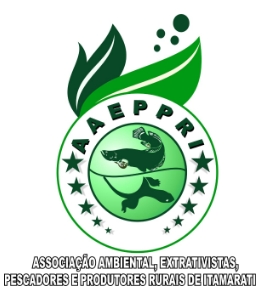
Associação Ambiental, Extrativistas, Pescadores e Produtores Rurais de Itamarati - AAEPPRI
The Environmental, Extractivist, Fishermen and Rural Producers Association of Itamarati (AAEPRI) started with only 12 from the Walterburi community and today has 211 members from several communities in Itamarati, in the Mid-Juruá region. The association is essential in the search for political and economic autonomy of the communitarians of these localities. It works by promoting the generation of income for these people through sustainable extractive actions, such as the handling of arapaima, which is being started with the support of partners, including the Juruá Institute. In addition, AAEPRI takes a loving look at the environment, involving the communities’ residents in projects such as Chelonian conservation and carrying out environmental education actions. The association is yet another force in the fight for public policies that guarantee a decent life for the communities and the sustainable development of the Middle Juruá region.
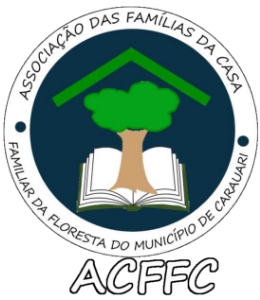
Associação Casa Familiar da Floresta do Município de Carauari - ACFFC
With diagnoses in education, it became evident the need to include in the formal curriculum themes such as territorial development, agricultural production and value chains of regional products in the mid-Juruá. Then, the Family Forest House Association of the Carauari Municipality (ACFFC) was created to articulate an integrated high school curriculum with a Technical Course in Agroecology and Sustainable Development. The periods of classes on this course are interspersed with periods of return to home to enable the work with agroextractivism activities, according to the Rotation Pedagogy method. Thus, formal education seeks alternatives to guarantee the right to a school that meets the needs of the riverine population and considers their knowledge and culture in the formative process.
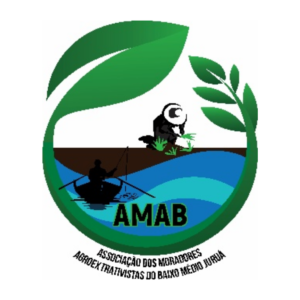
Associação dos Moradores Agroextrativistas do Baixo Médio Juruá – AMAB
The Association of Agroextractivist Residents of the Lower Mid-Juruá (AMAB), is one of the organizations that carry out conservation arrangements that generate income in the Mid Juruá. Since 2017, in partnership with the Association of Rural Producers of Carauari – ASPROC, the association has carried out managed arapaima fishing in the communities living in the area below the headquarters of the Municipality of Carauari on the Juruá River. Even without being part of a Conservation Unit, the communities organized themselves, and each year, the association learns more about the logistical limitations they faced in the beginning, improving themselves and seeing each fishing as a moment of community union that conciliates the strengthening of the productive chains and the preservation of the forest.
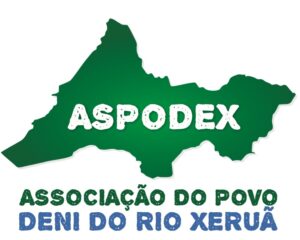
Associação do Povo Deni do Rio Xeruã – ASPODEX
The Association of the Deni People of the Xeruã River (ASPODEX) represents approximately 1000 indigenous people of the Deni ethnic group living in five villages located in the municipality of Itamarati, in the Mid-Juruá (AM). The creation of the Association, in 2006, took place two years after one of the main achievements of these people: the demarcation and approval of the Deni Indigenous Land. ASPODEX works to make sure the rights guaranteed to indigenous peoples are fulfilled, such as access to public health and education services suited to their sociocultural realities. In partnership with village leaders, the association also coordinates community activities for territorial protection, environmental conservation, and income generation such as the sustainable management and marketing of arapaima and oilseeds.


